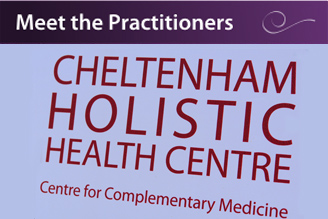GUT HEALTH
Keeping your gut in good condition is essential for good immune health. Did you know that 70% of your immune system is in your gut? If you find you’re getting ill a lot and catching every bug around, consider booking a Colonic Hydrotherapy treatment to get your gut in tip top condition.
COLONIC HYDROTHERAPY
Colonic Hydrotherapy or irrigation is a method of de-toxifing the body to help in its natural healing process. It is a naturopathic treatment that involves the safe, gentle infusion of warm, filtered water into the colon, bathing the bowel and giving is a soothing, cleansing internal massage.
The gentle flow of water works in two ways: firstly it cleans out waste matter, gas, mucus and toxic substances including bad bacteria, parasites, and yeast organisms from the colon, and secondly it stimulates the natural nerve and muscle action of the bowels to encourage proper bowel function.
Colon hydrotherapy works with your body, helping to return your digestive system to a more natural, healthy state. A colonic is as normal and natural as any other part of your regular health and wellbeing regime.
Colonic Hydrotherapy gives many people a sensation of overall wellbeing, energy, and a feeling of lightness. It is often the inspiration for a healthier diet and lifestyle all round. What’s more, since your digestive system is closely linked with the rest of your body’s functions, the therapy may also help you with headaches, allergies, acne, and a range of other health issues, as well as improving cognitive function and increasing energy.
What happens during a treatment?
Warm filtered water is gently introduced into the colon via the rectum whilst the use of special techniques including ultra-sonic massage, acupressure and reflexology points stimulate the release of toxins and stored matter. Herbs can be used to stimulate or relax the bowel depending on whether you have an overactive or underactive bowel, and probiotic implants can be used where dysbiosis (when the bacteria in your gut is out of balance) is indicated. A closed system machine is used, which means clean filtered water is fed gently in to the bowel, and the water and waste is flushed out through a pipe, ensuring no fuss, no mess and no smells.
What conditions can it help with?
Constipation, Diarrhoea, liver complaints, halitosis, flatulence, haemorrhoids, IBS (Irritable Bowel Syndrome), SIBO (Small Intestinal Bacterial Overgrowth), Candida, skin problems – acne, eczema and psoriasis, bloating, asthma, allergies, fatigue, depression, anxiety and lethargy may all be helped by the detoxifying effects of Colonic Hydrotherapy.
Many people choose to have a series of Colonic Hydrotherapy to cleanse and detoxify the system rather than to deal with a specific health issue.
Click here to read more about Colonic Hydrotherapy and our Practitioners Lesley Painter and Caroline Shaw.
Article from Nutritional Therapist and Colonic Hydrotherapist Lesley Painter of https://www.dandelionnutritionandhealth.co.uk/








